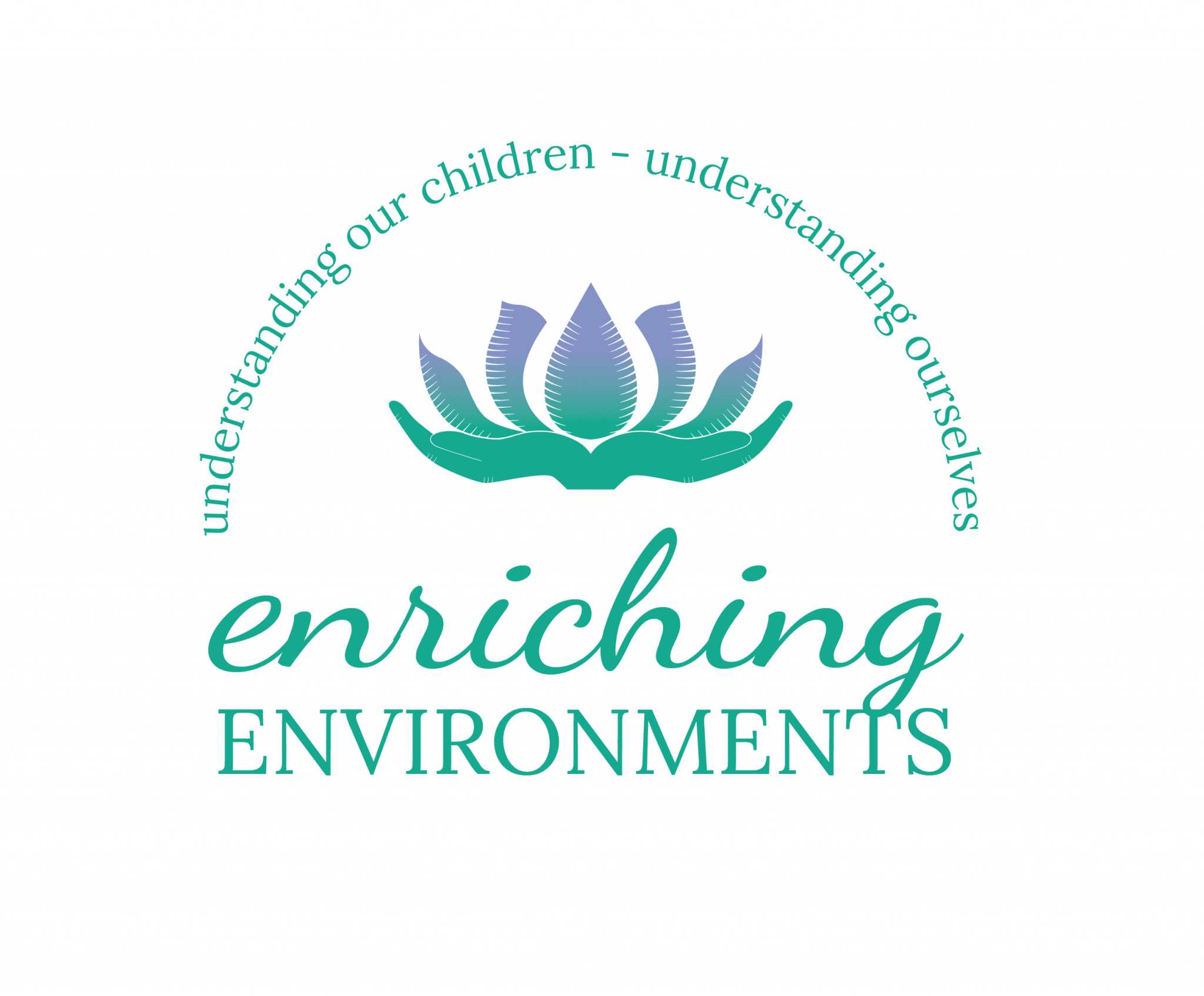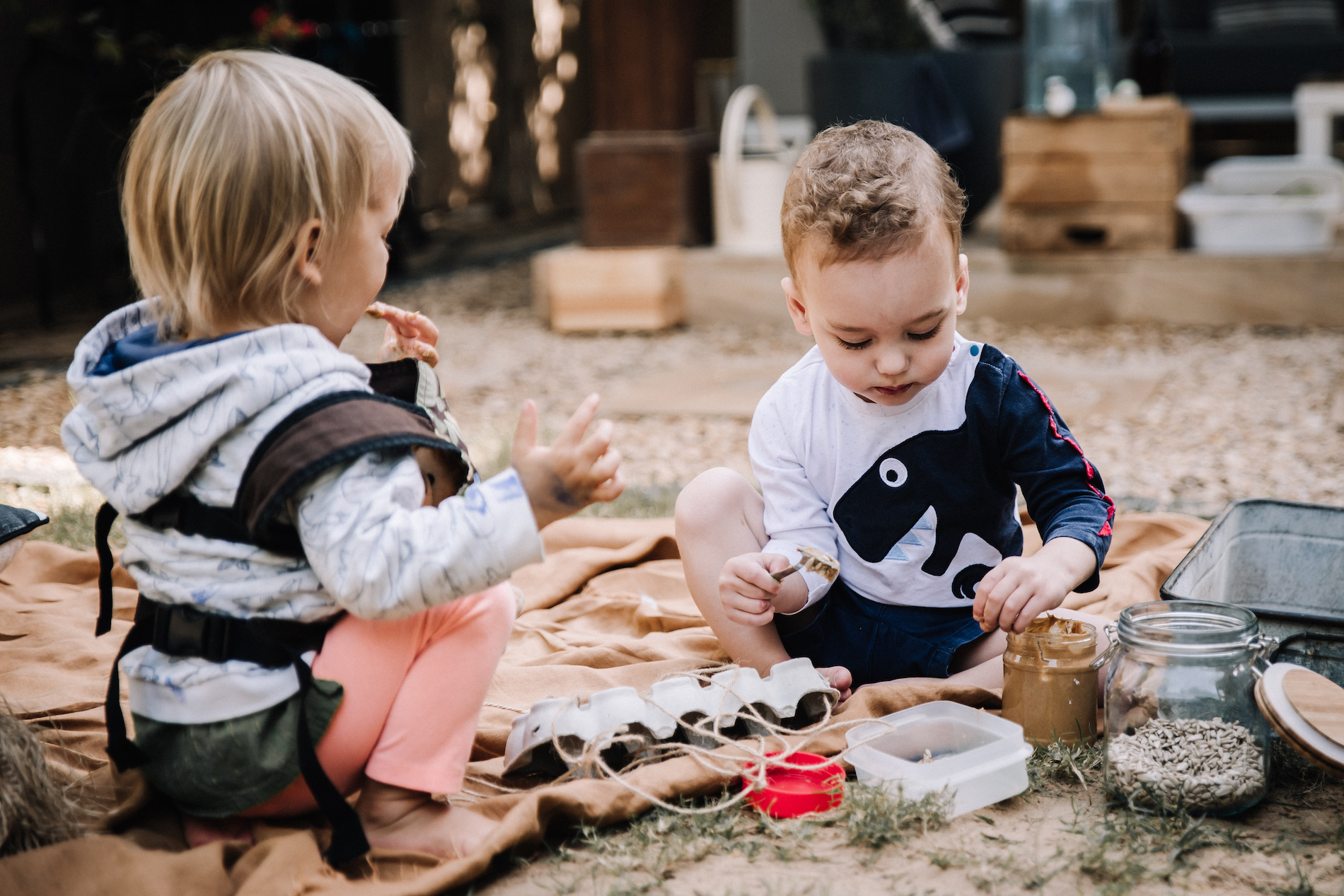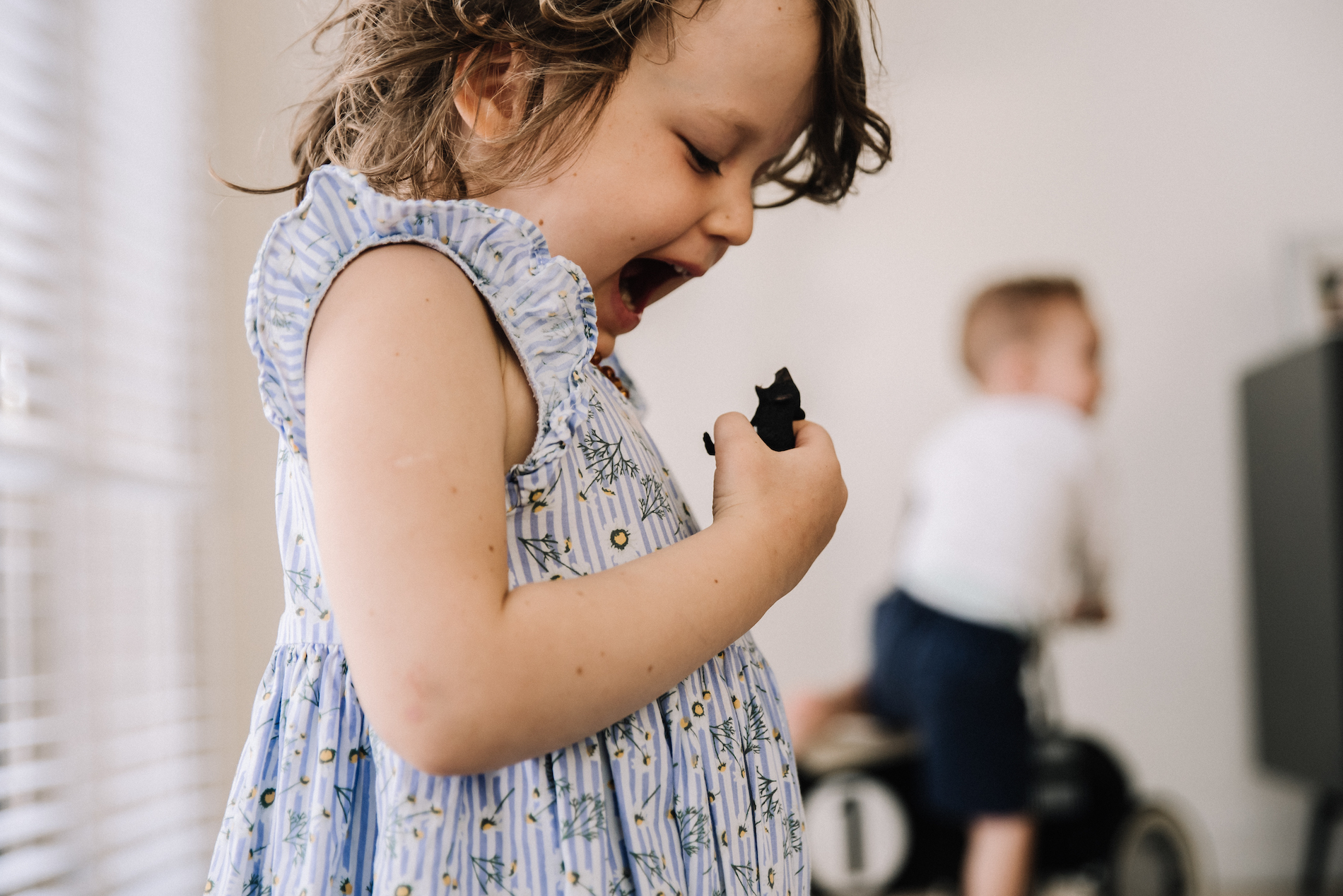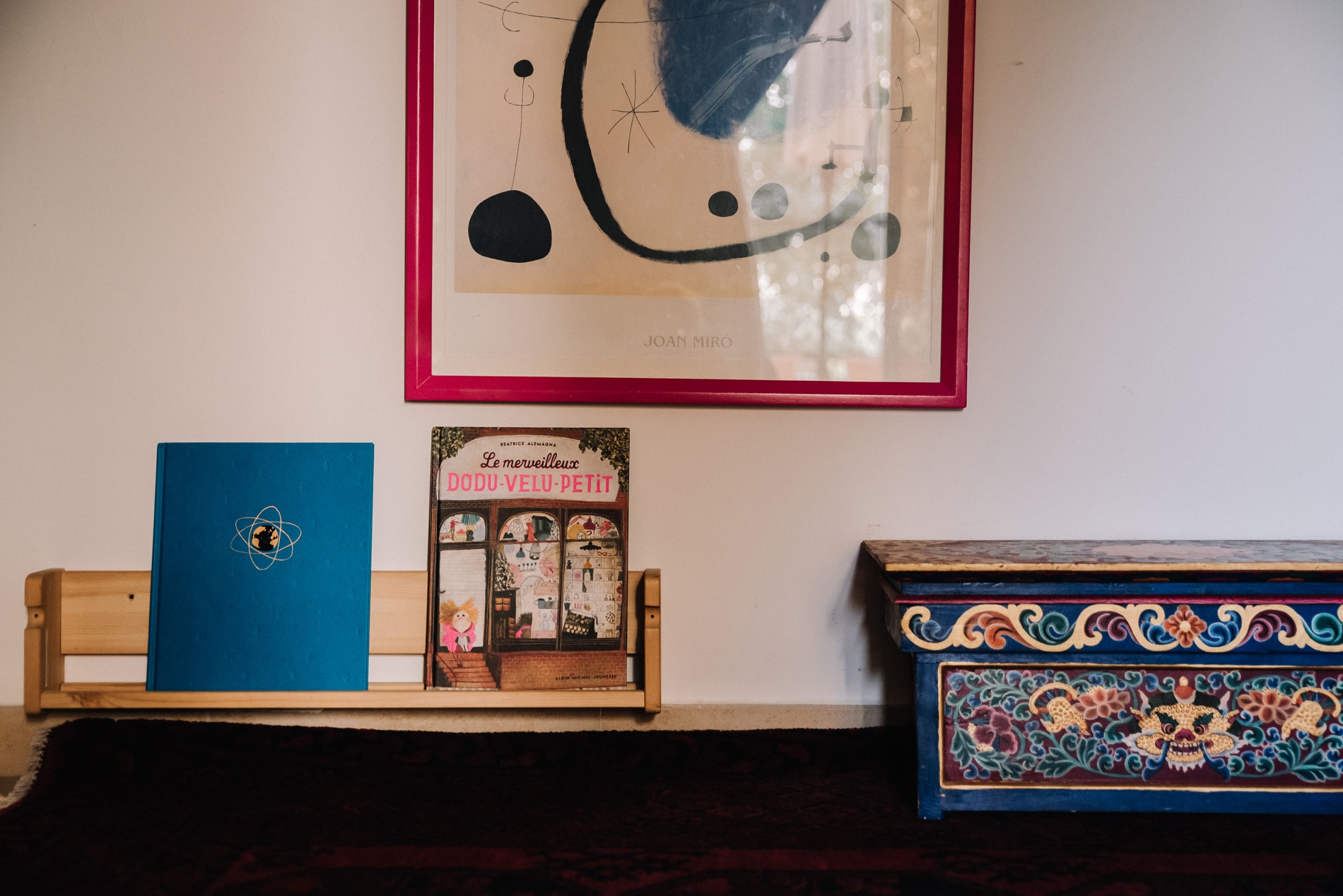Nelson Mandela
For many parents, the Picolini (toddler) stage – from walking to 3 years old – is the most exciting; their little baby can now walk, run and climb, and fully explore the wonder and beauty of the world around them.
However, in this stage they cannot yet fully express themselves; they don’t yet have the language to say casually and calmly to another child, ‘Oooo! That book looks interesting. May I have a look?’ or ‘I see you are holding my Mummy’s purse – it belongs in her handbag. Can I help you put it back?’ or ‘Yikes! You are sitting too close to me and I need some space. Please step back.’
What they do instead is dash over and grab the book, snatch the purse, push the other child out of their way, hit or maybe bite… and we see our caring, loving and generous Piccolini (toddler) do this, sometimes many many times during the day and we don’t understand why. We agonise that we are doing something wrong and worry that we have an aggressive child. We try timeouts and read about the myriad of ways to ‘teach a child the difference between right and wrong.’ We even lie awake at night dreading the next playdate or visit to the park.
Phew, this can be tough. But let’s take a big step back and reset to first understand what we are dealing with.
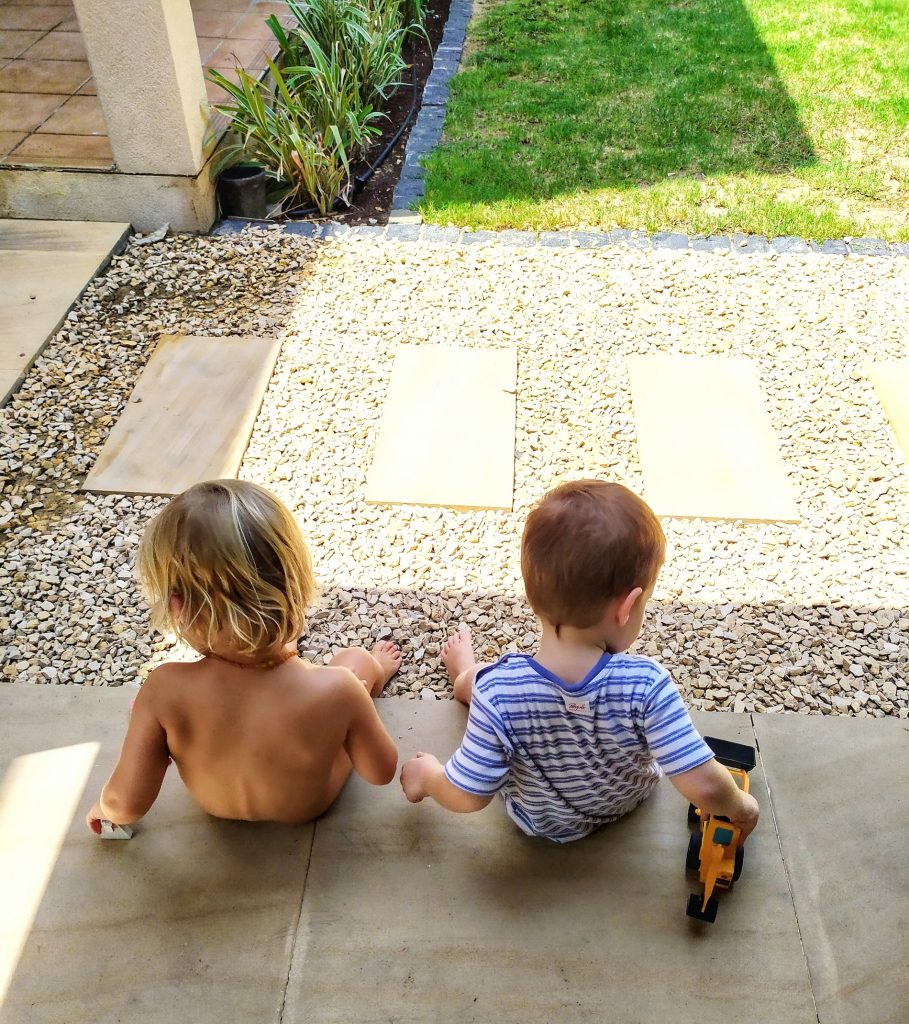
Why young children can be combative
The brain has many different parts that are responsible for different functions. The prefrontal cortex is a part located at the front of the brain and is responsible for ‘impulse control and control and organisation of emotional reactions. The prefrontal cortex is not fully developed until age 25. Age twenty-five!
We are expecting our very young child to regulate their responses and be calm and reasonable when they are feeling emotional. But on a cognitive level, they are far from capable of this. They are not being naughty, or deliberately hurting others or being disobedient. They are simply unable to manage their impulses. Since they cannot regulate their impulses, we as adults, must be there to guide these impulses for them.
And so, herein lies our first step as parents and as guides. Our first step in supporting our Piccolinis is to see their impulses through their lens, instead of our lens. What is crucial during these episodes is our support, so they can learn to control their impulses over time with our guidance.
How to respond to combative physical behaviour
Our response to these episodes is what will support our children. We use a consistent, supportive approach to express what was inappropriate. A very simple statement such as, ‘Hitting hurts, I don’t want you to hit’ can redirect them. No berating or correction, just the simple, clear statement.
If the child is upset, often the immediate effect of saying this might be that the child hits again, or pushes again, or might hit or push you, the adult.
Repeat ‘Hitting hurts, I don’t want you to hit’. Hold their hands, say, ‘I’m going to hold your hands so you can’t hit. Hitting hurts.” Block the hits or bites as needed to prevent others getting hurt. Be vigilant to not be rough or aggressive with your child whilst blocking them.
Again, this might seem to make the child more enraged and more resistant to you. Nevertheless, repeat more softly, ‘I don’t want you to hit. I can see that you are frustrated, would you like a cuddle?’
At this Piccolini stage, these little ones usually melt very quickly in these situations. Our gentleness when they are frustrated will elicit their ‘melting’ faster and faster, and with this gentleness we are sending them a powerful message that their strong feelings and impulses do not faze them, that our love is unconditional, and that we will support them through their strong feelings.
After an episode as described above, our child will benefit from some physical bonding time with us; reading a book together or having a cuddle whilst doing some deep breathing. It is important for us to help them to reset their emotional balance with our calm and gentle support, rather than scolding or letting them continue to be ‘out of their skin’.
Over time, our children come to understand on a deep level that we will support them when they are upset and out of control, our support will indirectly give them the tools they need to learn how to respond appropriately to upset. This type of empathy and understanding of our child’s emotional landscape does deep work on the amygdala, the emotional processing centre of the brain.
As they grow up and mature they will learn how to self-regulate, they will be able to show empathy for others, and in turn will be able to raise their own children from this place of gentle strength. Imagine a world where we are all shown this tenderness, and are able to respond with empathy and understanding in the face of anger; where we interact from a place of compassion rather than intense reactivity to an emotional trigger from childhood.
Not all children will have a forceful physical stage as described above, but many do, and this is normal. It is helpful, when in the thick of it, to know that this will be a passing stage and generally peters out of its own accord once the child’s language is more developed. This may be a passing stage of a month, or a few months, or maybe something that we must work on in order to support them for a few years. All of these scenarios are normal, and whilst they may be frustrating and upsetting for us, it is our duty to respond as a loving parent and confident leader.
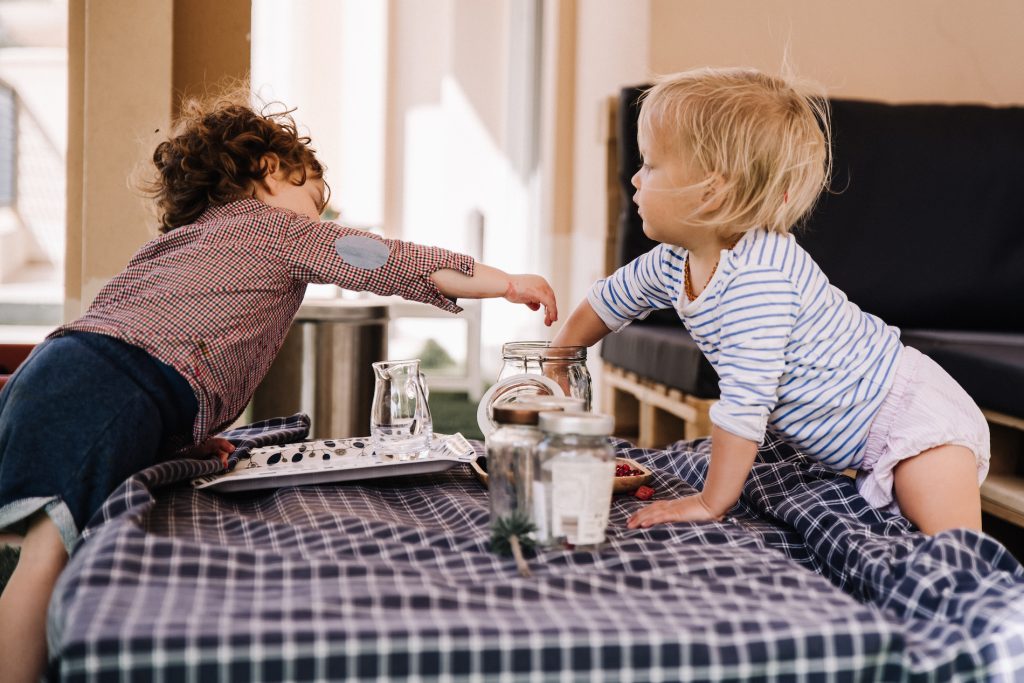
Working on ourselves to bring peace and harmony
The key here is to remain calm, firm and loving. All of the children in your care need to see that you can handle this. You already have two children who are upset; adding your upset and frustration into the mix is going to make the situation worse.
Know that you can handle it. Yes, this takes patience and work and ingenuity, but yes, we can handle it. We are not going to give the appropriate response every time – we are human after all – but we can get it right some of the time.
Our children are finding their way in this world, and we are finding our way as parents. This is a collaborative learning journey for both of us.
Five simple steps to supporting our Piccolini
- View the situation through the lens of a child, not the lens of an adult.
- In this situation, children need support. Their brains are not yet sufficiently developed for impulse control and reasoning.
- Role model calmness and equanimity – act it even if you don’t feel it.
- Give a simple and consistent response ‘I don’t want you to hit, hitting hurts’
- Connect and reset with a cuddle, a drink of water, reading a book.
The Piccolini’s impulsiveness is all about communication. They are trying to communicate. This ‘physical’ way of communicating might not be what we want to hear or see, but it is where they are now, and it is the only way they can communicate until they have sufficiently advanced language, cognitive, emotional and social skills to talk, discuss, debate, negotiate.
These communication skills take many years, decades in fact, to perfect, and actually, I don’t know any adult who can hold their hand up and say they are the perfect model of respectful and positive communication!
All of this is part of the rich tapestry of childhood and its associated learning experience. Young children go from rage to joy in a heartbeat. Their capacity for love, for excitement, for affection and to stand up for what they believe in (even though it may be expressed inappropriately) is why we love them.
Similar Posts
- 17 September 2019 00:32
- 11 September 2019 17:50
- 9 September 2019 13:43
